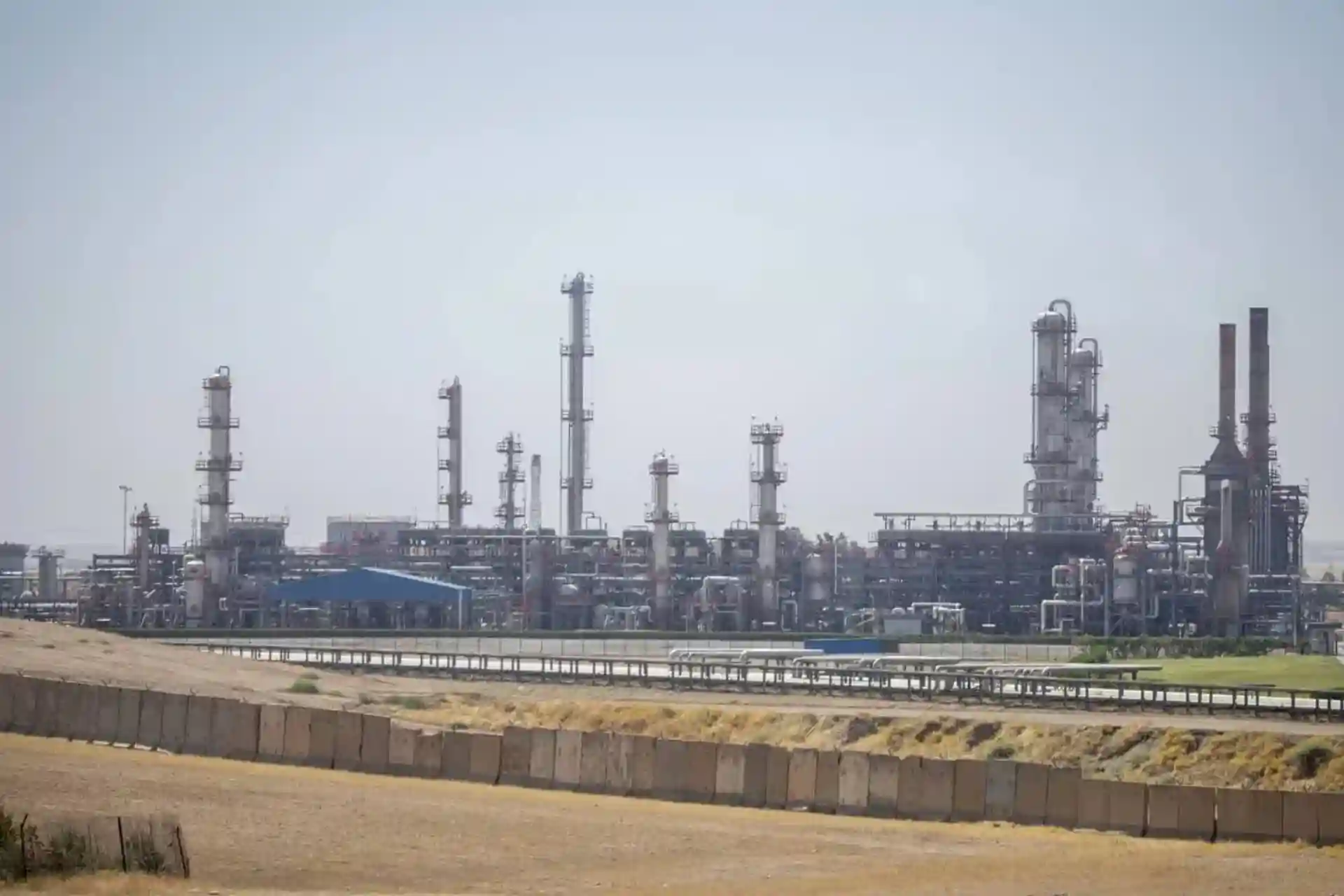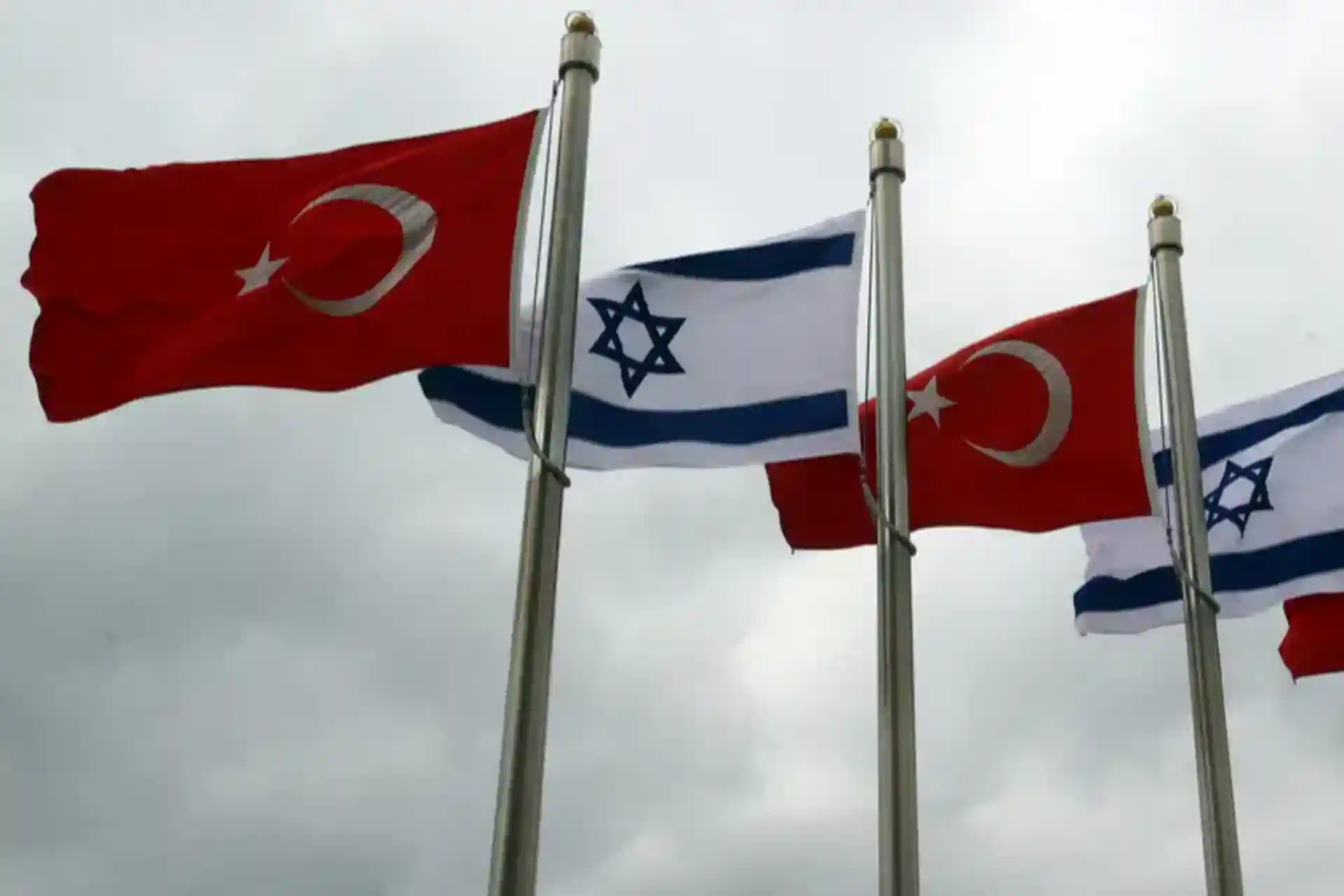12.11.2024 06:40
1394
Analysis: Most Muslim countries have increased trade ties with Israel
While Ireland, Spain, Belgium, Slovenia and other countries are demanding that the European Union review trade relations with Israel because of the massacre of Palestinians, in the first nine months of this year, the Jewish state with Arab countries and 14 other member countries of the Organization of Islamic Cooperation (OIC) trade relations are growing. This is contrary to popular calls to boycott the products of countries that support Israel. In fact, boycotting Zionist products is undoubtedly of great importance. According to the data, the volume of import of these goods from 19 Muslim countries is estimated at 2.3 billion dollars.
Ireland's major parties are proposing a ban on imports of goods produced in illegal Jewish settlements built on Palestinian territory. Ireland is one of Israel's top trading partners, ranking 8th on the list.
Unfortunately, we don't hear political parties in Egypt complaining about Cairo's increased trade with Tel Aviv in the wake of the Gaza war and Israel supplying the Zionists with fruits and vegetables to compensate for agricultural losses. In addition, Egypt increased its supply of cement to the Nazis during this period.
Although Turkey did not completely cut off trade relations with Israel during the last nine months of this year, it reduced the value of imports by 32% and the volume of exports by 15%. Turkey fell from 10th place last year to 17th place in the last nine months on the list of customers of Israeli products, while its position as a supplier to the Zionists changed from 5th place to 13th place. Nevertheless, Ankara has benefited greatly from information from both sides.
Israel's trade data includes five Arab countries, including the UAE, Egypt, Jordan, Morocco and Bahrain. It shows that Israel's trade with Bahrain has increased nearly tenfold, with Morocco by 53 percent, with Egypt by 52 percent, and with the UAE by 4 percent. Despite a 45 percent increase in Israel's exports to Jordan, there was a slight decline in trade relations due to a decrease in imports. Overall, total Jewish trade with these five countries reached $3.4 billion, an increase of 12 percent.
Israel's data also includes trade activities with 14 other countries that are members of the OIC, and with the exception of Turkey, the value of trade with these countries has increased by 11 percent. Trade with Albania increased by five times, with Uzbekistan by 65%, with Nigeria by 45%, with Azerbaijan by 34% and with Indonesia by 25%. However, the value of trade with Malaysia, Cameroon, Senegal, Kazakhstan, Turkmenistan, Gabon, Côte d'Ivoire and Uganda decreased.
This eased the crisis in Israel's foreign trade figures. In the first nine months of this year, Israel's exports decreased by 6% compared to the same period last year, and the value of imports decreased by 5%.
For nine months, Israel's trade with 19 Arab and Islamic countries amounted to approximately 7 billion dollars. Although it currently accounts for 10% of Israel's total trade with the world, Arab and Muslim countries actually have a larger share. Because the published data did not include the value of trade with the remaining 57 countries of the OIC. In addition, there are large differences between trade figures, with Israeli figures still lower and Arab countries reporting higher figures. For example, the trade value reported by the Egyptian side is much higher than the Israeli data on trade between the two sides.
The published data on Egypt's foreign trade covered the period up to July. In the first seven months of the current calendar year, trade volume with Israel amounted to 1.883 billion dollars. This is split between Egypt's exports of $155 million and imports of $1.728 billion. This allowed Israel to occupy the 9th place in the list of countries importing Egyptian products. However, according to Israeli data, the total trade volume between the two countries in those seven months was only $431 million. Israel supplied $242 million worth of goods to Egypt and imported $189 million worth of goods from Egypt.
The Statistics Agency in Cairo published the list of goods exchanged between the two countries during the past seven months. According to him, Egypt will send to Israel television screens worth $30 million, cement worth $29 million, fertilizers worth $16.5 million, fruits and vegetables worth $12 million, polyethylene powder worth $6 million, orange juice worth $4 million, clothes worth $3 million and 2 million dollar aluminum alloy rods, as well as paper packaging, pants, glass panels, floor coverings, fragrance exported plants and hookah tobacco.
During those nine months, Egypt's imports from Israel reached $1.728 billion. Of this, natural gas accounts for 96 percent or 1.664 billion dollars. The rest was $31 million for diesel fuel and $19 million for fabrics and coatings imported by Egyptian ready-to-wear manufacturers for use in exports to the United States. The Qualified Industrial Zones Protocol requires Egyptian exports to contain 10.5 percent Israeli components in order to qualify for preferential entry into the United States. For this reason, yarn, dyes, plastic and paper boxes used in the garment industry are imported from Israel.
Mahmoud al-Wali, analyst



